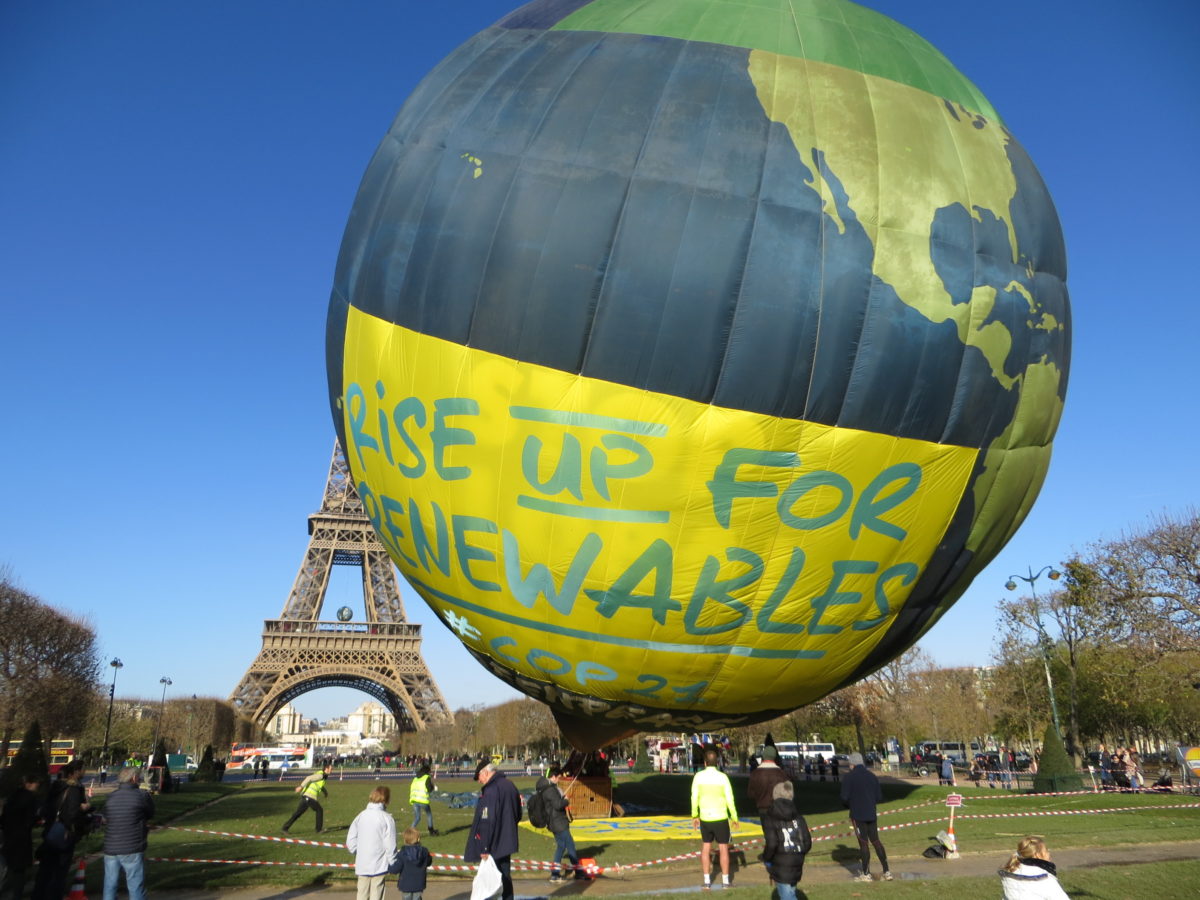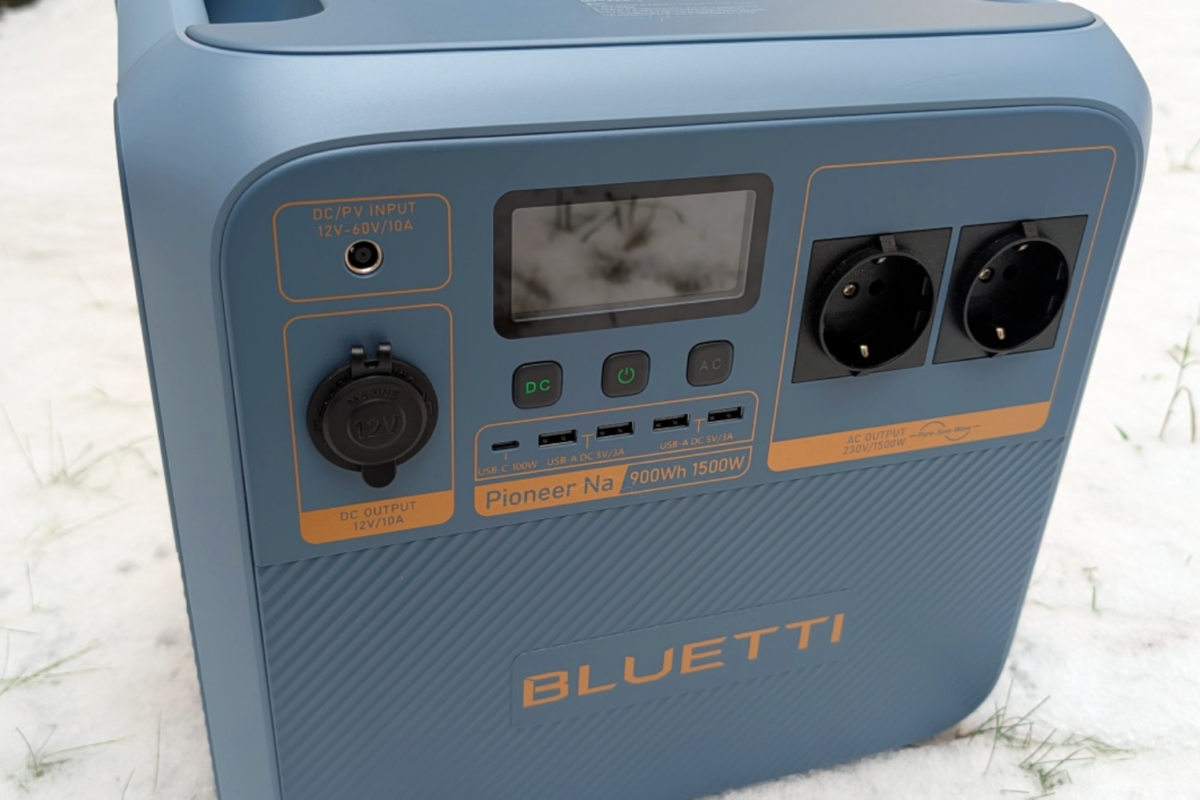French energy giants, including EDF, Total and Engie, have taken major steps in the renewable energy industry in recent years. However, despite their commitments, and a lot of announced plans and transactions for more renewable and solar energy development in both France and abroad, their domestic green energy offers remain insufficient. This is, at least, the conclusion of a new market survey published by Greenpeace France, which ranks 19 French power providers in terms of their clean energy offers.
According to Greenpeace, the three aforementioned energy companies, together with Total’s unit Direct Energy, Engie’s subsidiary Happ-E and EDF’s Sowee, are listed in the last of the four categories of the survey – that of the “very bad” green energy providers.
The ranking is based on four main criteria: (i) What kind of electricity is produced by these providers; (ii) What kind of power they buy for reselling, if they are not producers; (iii) How much they use guarantees of origin certificates; and (iv) How much they invest, or a plan to invest, in green energy.
The guide, Greeenpeace said in a statement released, is intended to help consumers identify real green electricity providers, while avoiding those providers that buy and produce toxic energies, such as coal, hydrocarbons and/or nuclear, or that invest in these sectors.
The association said several providers are currently practicing greenwashing, which means they buy electricity mostly from nuclear power plants – which still accounts for over 70% of the country’s power demand – and turn it “green”, by using guarantee of origin certificates.
“But this is absolutely legal, in terms of European regulations. For the consumer, it is very difficult to know if his supplier buys nuclear, fossil or renewable electricity – apart from the few suppliers who voluntarily play the transparency card,” the association said in its statement.
In the third category – providers “lagging behind” – the list includes Plüm Energie, Proxelia, Lucia and Energie de Santerre, while the second category – companies that are “on the right track” – includes Planete oui, EkWateur, Energem, Geg, Selia, and Alterna.
As for the first category, which lists “real green energy producers”, named are Energie d’ici, Enercop, which is a crowdfunding platform for renewable energy projects, and Ilek.
Ambiguity
The ambiguity of EDF’s renewables plans has been recently highlighted in the 2018 edition of the Nuclear Industry Status Report (WNISR) by French independent consultant specializing in nuclear energy, Mycle Schneider.
The authors of the report said the utility, which is still majority owned by the French government, “seems to live in a different world,” as its envisages “certain closures” of nuclear reactors only starting 2029, while the French government has clearly said it will reduce the share of nuclear power from around 71% currently, to 50% in 2025. This seems to clash against its 30 GW solar plan that is aimed at partly offsetting the loss of this capacity.
Furthermore, it must be remembered that France changed its Minister of the Ecological and Solidarity-based Transition in May, when the outgoing environmentalist and solar advocate, Nicolas Hulot was replaced with François de Rugy, a former member of the Ecologist Party, which is now part of the political movement of France’s president Emmanuel Macron, La République En Marche.
Hulot resigned from his office, due to “the lack of ambition on climate change by French President Emmanuel Macron”, according to his own statement at the time of resignation. He also said that Macron was pulling back from an ambition to reduce the nation’s heavy reliance on nuclear power to just 50% of the electricity supply by 2025.
This content is protected by copyright and may not be reused. If you want to cooperate with us and would like to reuse some of our content, please contact: editors@pv-magazine.com.




Greenpeace are fighting yesteday’s battles against France’s legacy nuclear fleet. The very sensible government policy is to run the reactors as long as it’s safe and affordable in terms of running costs, and gradually replace with wind and some solar. There is no climate case for an accelerated exit as in Germany, and little public pressure for it from French citizens. Fessenheim on the Rhine is mainly opposed by its German neighbours. The differences between de Rugy and Hulot on nuclear are minor matters oftiming. Where we have to watch de Rugy is on gas and EVs.